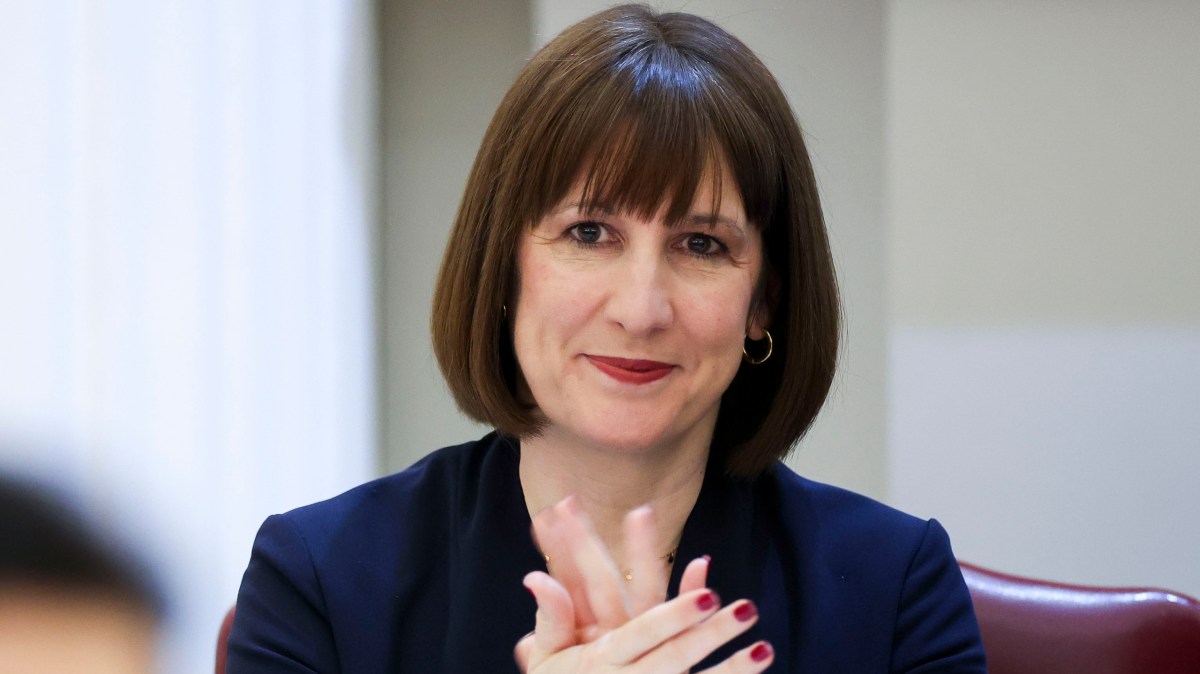Pensioners could be in line for a £478 boost to the state pension next year as rising inflation puts pressure on the government’s promise to maintain the triple lock for millions of households.
The Bank of England has predicted inflation will reach 4 per cent in September, fuelled by the recent £25 billion increase to employers’ national insurance contributions and a higher minimum wage.
The triple lock guarantees that the state pension goes up in April each year by whichever is highest of wage growth, the inflation figure from the previous September or 2.5 per cent. A 4 per cent increase would raise the full new state pension from £230.25 a week to £239.46 next year, or up to £12,451 a year, although not everyone receives that amount.
• Another interest rate cut but Bank warns of new UK inflation shock
Such a rise would cost Rachel Reeves, the chancellor, £2.1 billion to maintain the triple lock for the 4.48 million people who claim the new state pension — which she and her party promised to keep at the past general election. This week the National Institute of Economic and Social Research told Reeves that she must raise taxes in the autumn budget to fill a £50 billion fiscal black hole.
The Bank of England forecast that the consumer price index measure of inflation would peak at 4 per cent in September. This is double the Bank’s target rate of 2 per cent and 0.3 percentage points higher than the forecast in May.
The government spends about £142 billion a year on pensioners, which includes the state pension and other benefits. The Office for Budget Responsibility, the fiscal watchdog, expects this to rise to £182 billion by the end of the 2029–30 financial year.
Laith Khalaf from the wealth manager AJ Bell said: “No doubt this will once again raise questions about the fairness of the triple lock, especially against a fiscal backdrop which suggests the chancellor is going to have to stick a shovel into taxpayers’ pockets again in the autumn budget.”
• David Willetts: The triple lock has been far more damaging than I ever feared
Sir Steve Webb, the former pensions minister who is now a partner at the consultancy Lane Clark and Peacock, said the commitment to the triple lock was a spending pressure that the chancellor could do without.
He said: “This commitment was not only in the Labour manifesto but has also been used repeatedly to defend the changes to winter fuel payments, so seems unlikely to be broken. The challenge for all parties is how to move from the current process to something less generous, not least at a time when the state pension is still not especially generous by international standards.”

Pensioners could soon start paying income tax on their state pension
GETTY IMAGES
The Treasury could soon claw back some of the state pension in tax. The Bank expects the full new state pension to rise above the £12,570 personal allowance — the annual amount you can earn before you have to start paying tax — in less than two years’ time.
It forecast that the new state pension would rise to £12,788 a year by April 2027. A pensioner with no other income could be forced to pay back £43.60 in tax — at a marginal rate of 20 per cent — on that amount.
Income tax thresholds have not changed since 2021, when they were frozen by the previous Conservative government until at least 2028. Although there is speculation that Reeves may be forced to extend the deep freeze on tax thresholds as a way to raise revenues in the budget.
Tom McPhail, an independent pensions consultant, said: “While the timing is inevitably slightly uncertain, the combination of frozen tax thresholds and rising inflation inevitably leads to the state pension becoming liable to income tax.
“It is ridiculous that the government has launched a pension commission to review our retirement prospects, yet before the commission even starts, they have put out of reach all the big policy levers which could actually make a difference, including reforming the triple lock.”

